Three million Americans are living with depression, and what helps to uplift their mood is different in every one of them.
However, recent research has found that inserting a brain pacemaker into the brain of someone with depression could help alleviate their mood and possibly even cure them of the disease.
Depression Is a Mood Disorder

Depression is a mood disorder and causes many different symptoms, both mental and physical.
The National Institute of Mental Health states that depression affects how a person thinks, feels, goes about their day-to-day life, as well as sleeping patterns, what they eat, and how they work.
Depression Affects Brain Structure

The longer a person lives with depression, especially if that depression is severe, the more likely it is that their brain will change its structure, according to Healthline.
Some of the structural changes to the brain include brain shrinkage, brain inflammation, structural differences, and oxygen restriction.
One Person Tried a Brain Pacemaker
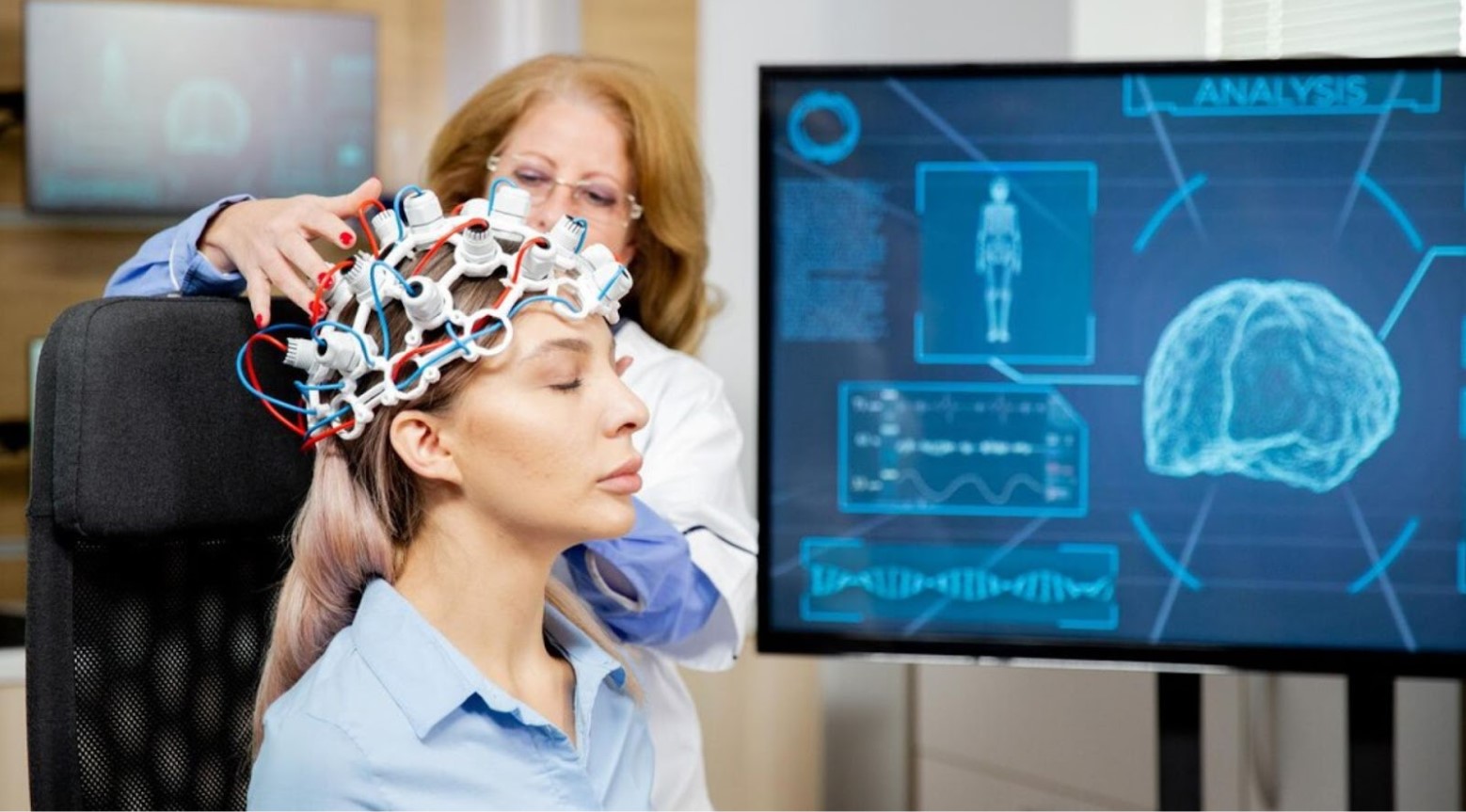
The idea of a brain pacemaker is a very new concept, and one person living with chronic depression decided to be a part of the trial.
Emily Hollenbeck has lived with depression for many years, and it is something that runs in the family, as both of her parents died by suicide. No other treatment appeared to be working for her, according to The Associated Press.
The Treatment Is Called ‘Deep Brain Stimulation’
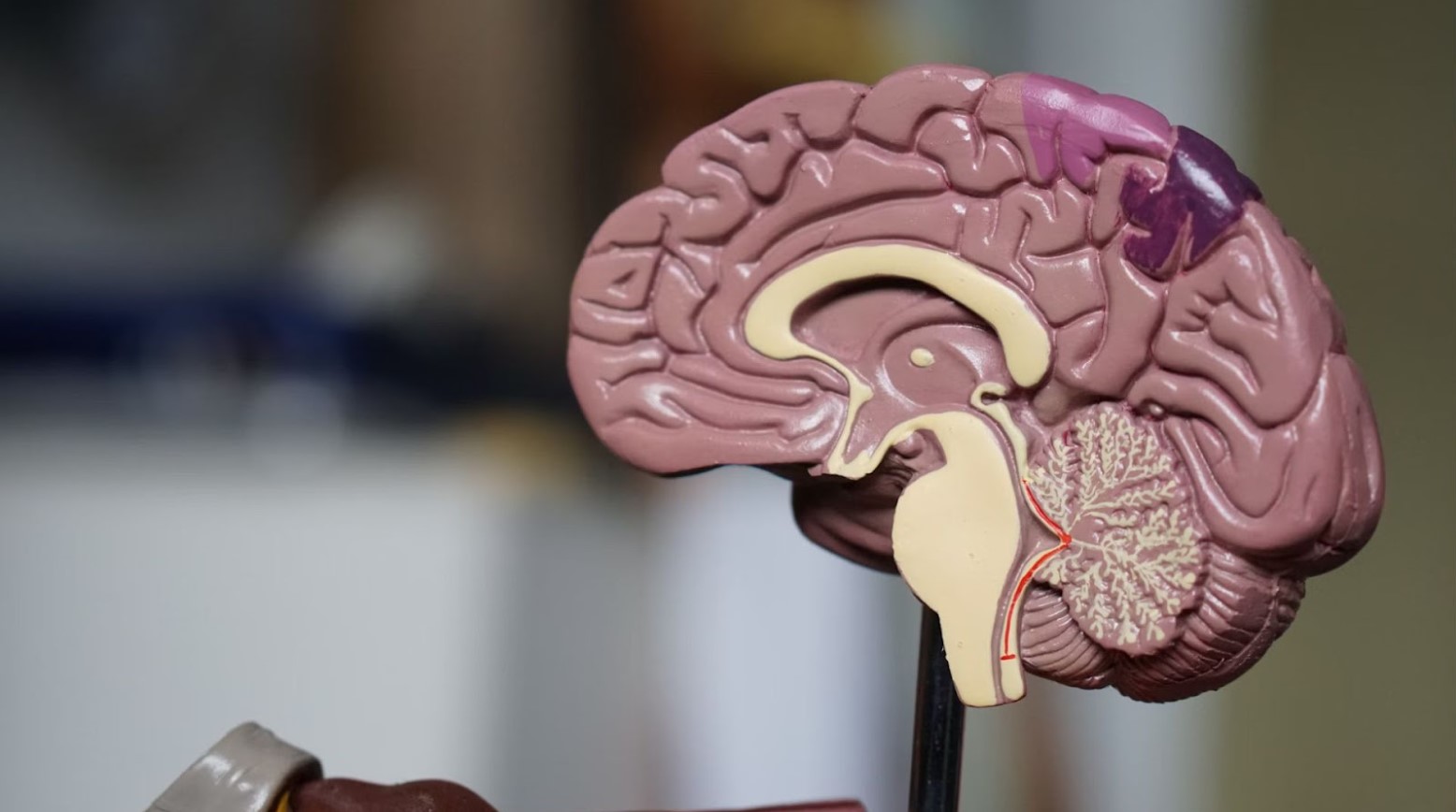
The treatment is known as deep brain stimulation and involves electrical impulses targeting the brain, just like a pacemaker would.
The wires had to be surgically implanted into Hollenbeck’s brain, and while she said the concept was overwhelming, she said she felt like she had used all of her other options, so she was willing to try anything.
Deep Brain Stimulation Has Been Used on Other Neurological Conditions
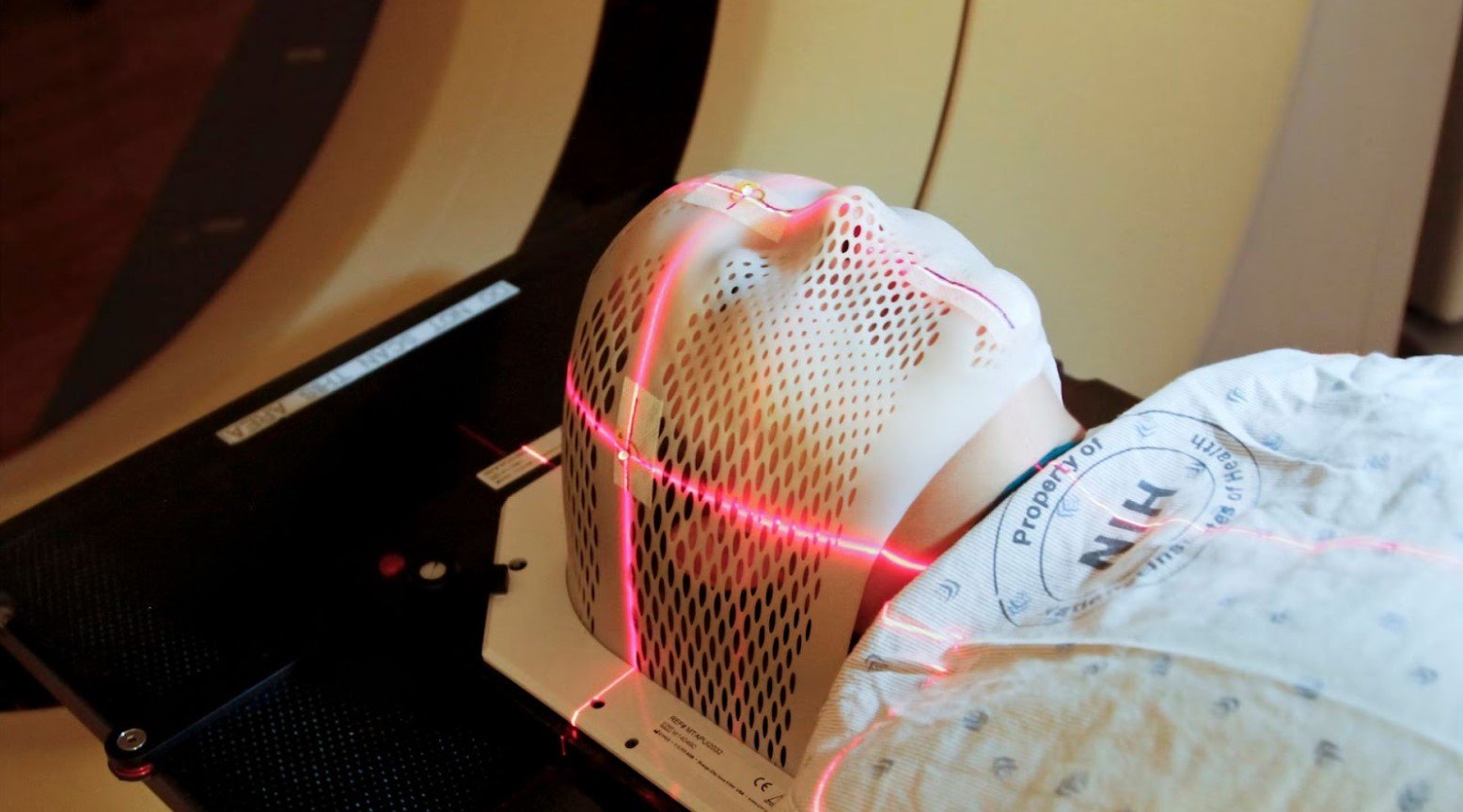
Deep brain stimulation might be an entirely new concept for treating depression, but it is already being used on other neurological conditions.
The treatment is currently being used on people with Parkinson’s disease and epilepsy, and according to Cleveland Clinic, deep brain stimulation is effective in the treatment of them.
Deep Brain Stimulation Works by Using Electrodes
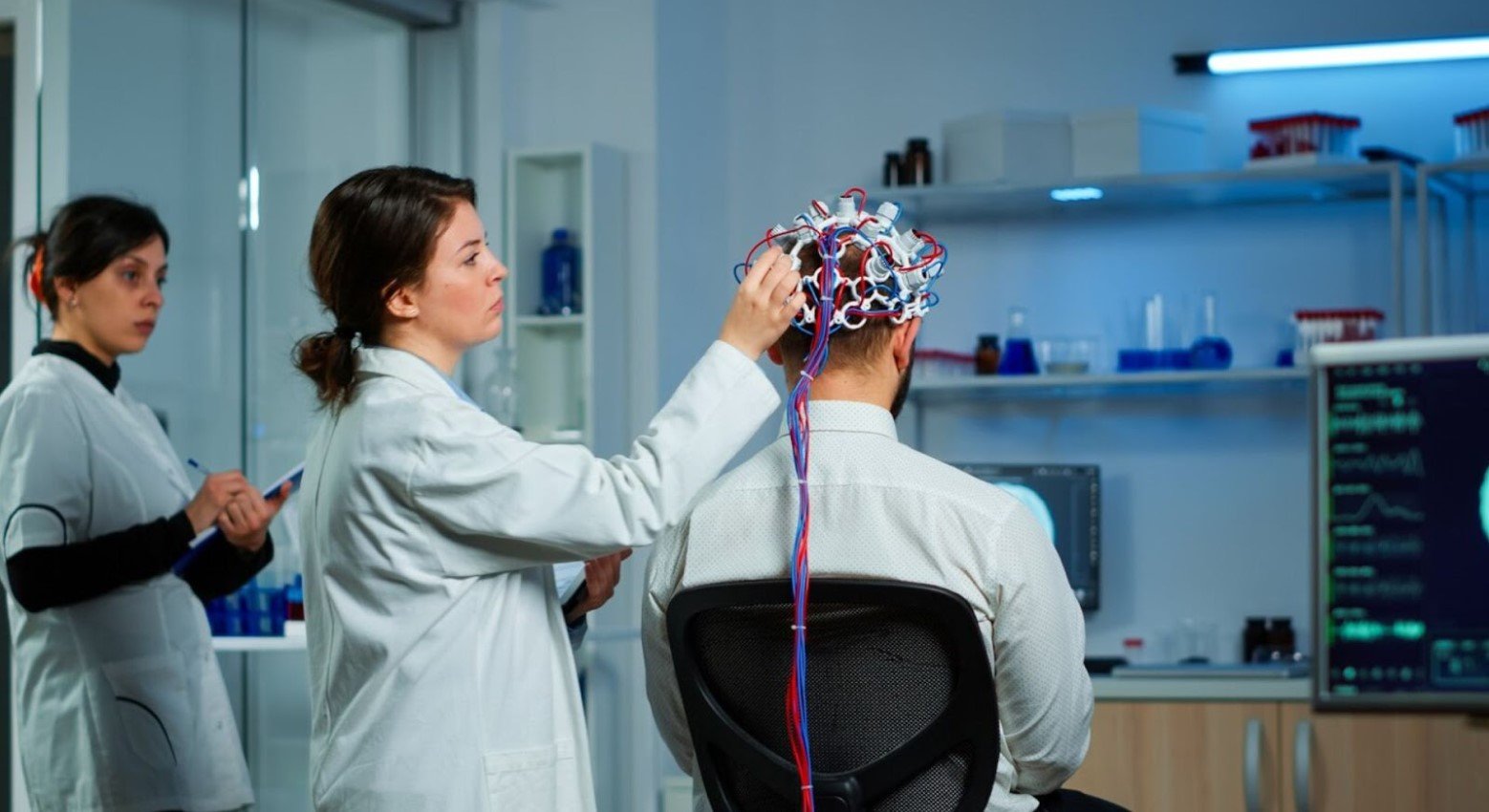
During the procedure, the patient is sedated, and thin metal electrodes are placed into the subcallosal cingulate cortex, which is part of the brain that regulates emotional behavior and is also part of the brain that works when you’re feeling sad.
These electrodes are then connected by an internal wire to a device that is placed inside the chest. This is how the electrodes are controlled and help deliver the constant low-voltage pulses.
Deep Brain Stimulation Can Help with Brain Structure
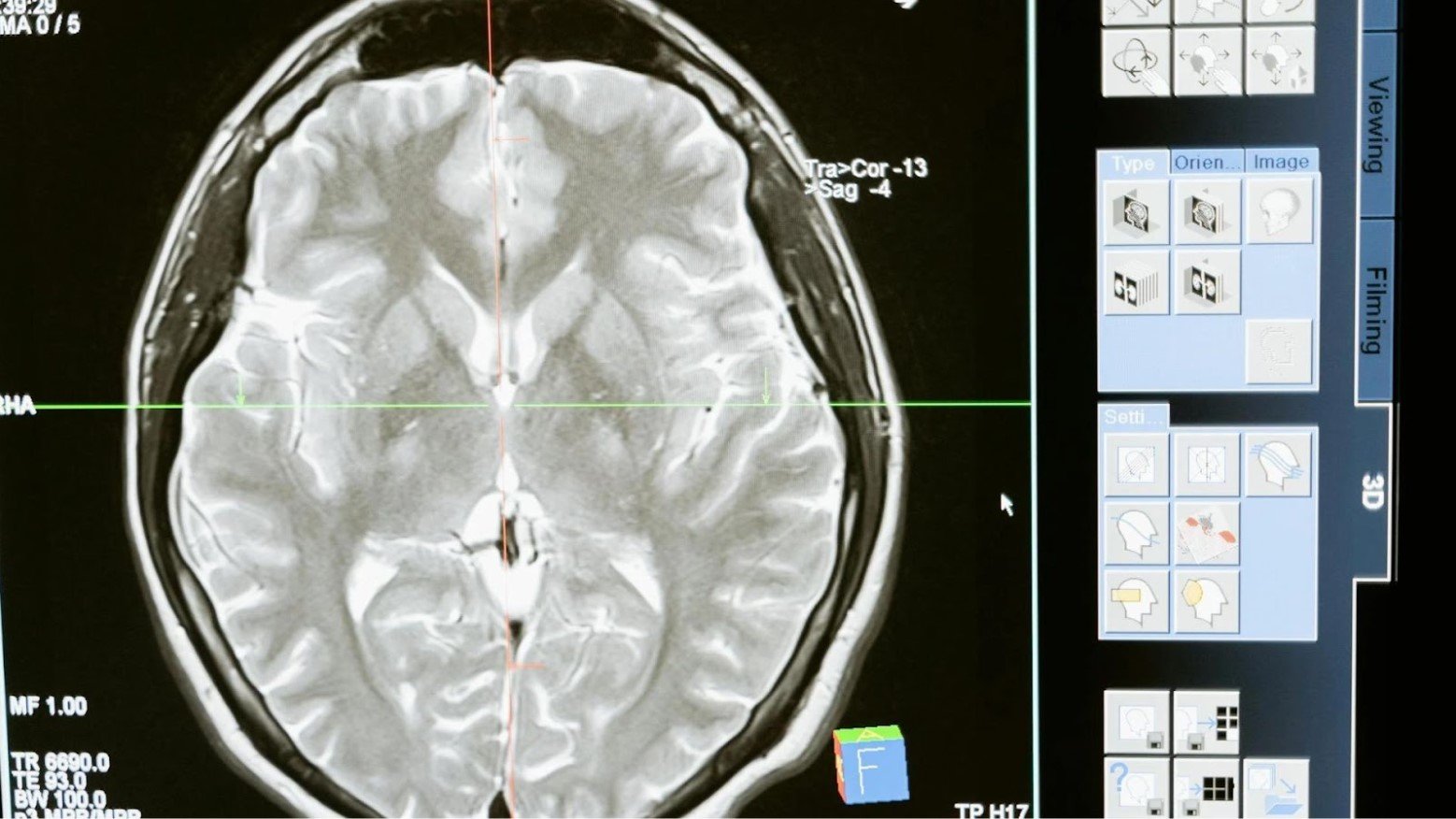
As the brain’s structure is altered in a person with depression, deep brain stimulation is said to help with this.
In brains without depression, electrical activity happens all over, but in depression, it sticks in the emotional part of the brain. Deep brain stimulation is said to help a depressed person’s brain work like a neurotypical person’s brain in this instance.
The Effects of Deep Brain Stimulation Were Instant

While Hollenbeck did not know how her brain would respond to deep brain stimulation, she was happy with the results.
She said that the results of deep brain stimulation were pretty much instant, and that she was able to enjoy and do things again, such as listening to music, that she hadn’t been able to for a long time.
Deep Brain Stimulation Studies Have Positive Results
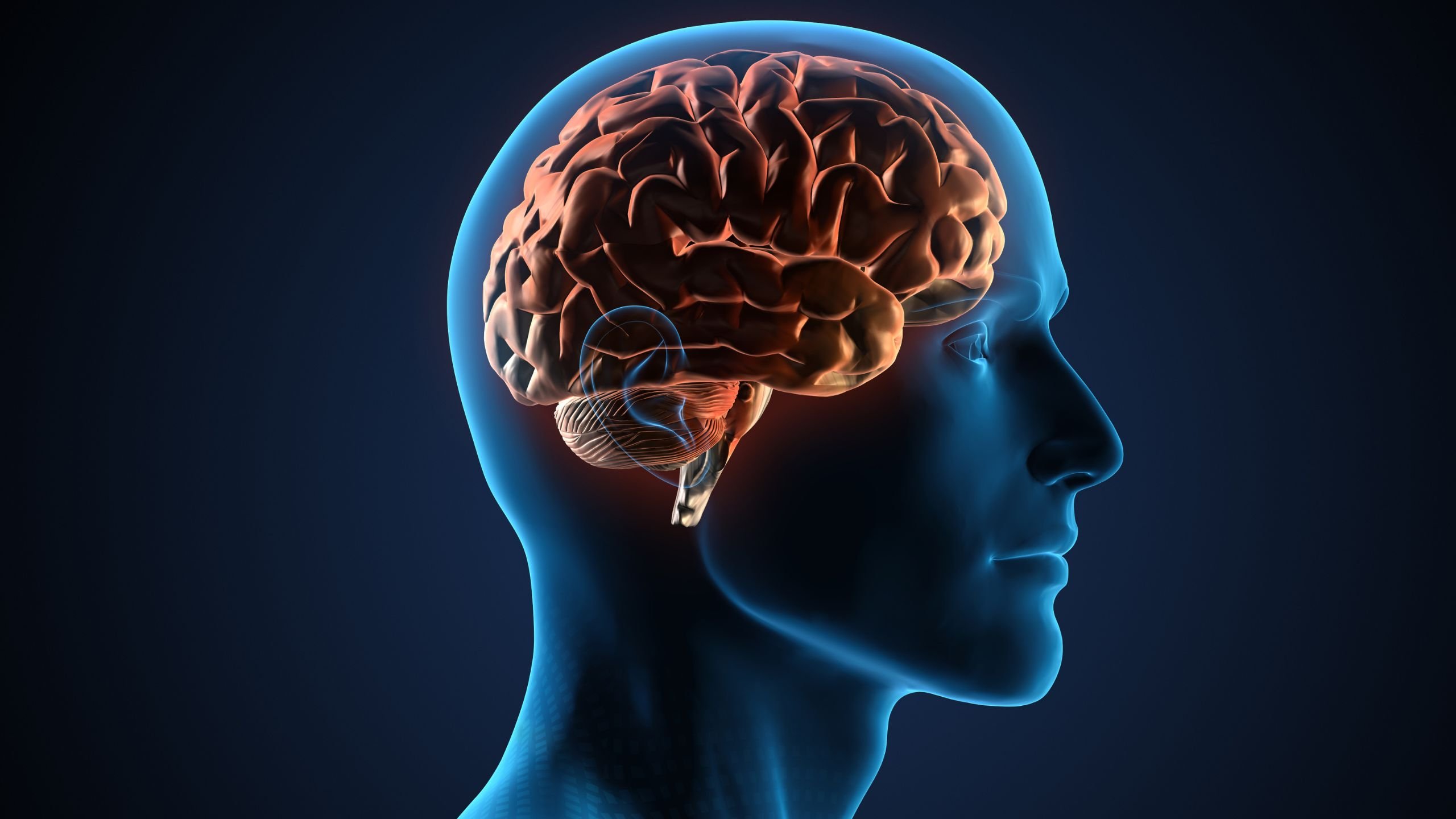
Hollenbeck isn’t the only deep brain stimulation patient who has had positive results; other studies have also shown the treatment’s positive effects.
A study posted in Neurotherapeutics in 2022 found that deep brain stimulation for depression had a response rate of 60%, but noted that response rates have greatly varied in different patients and studies.
Deep Brain Stimulation Has Some Potential Complications
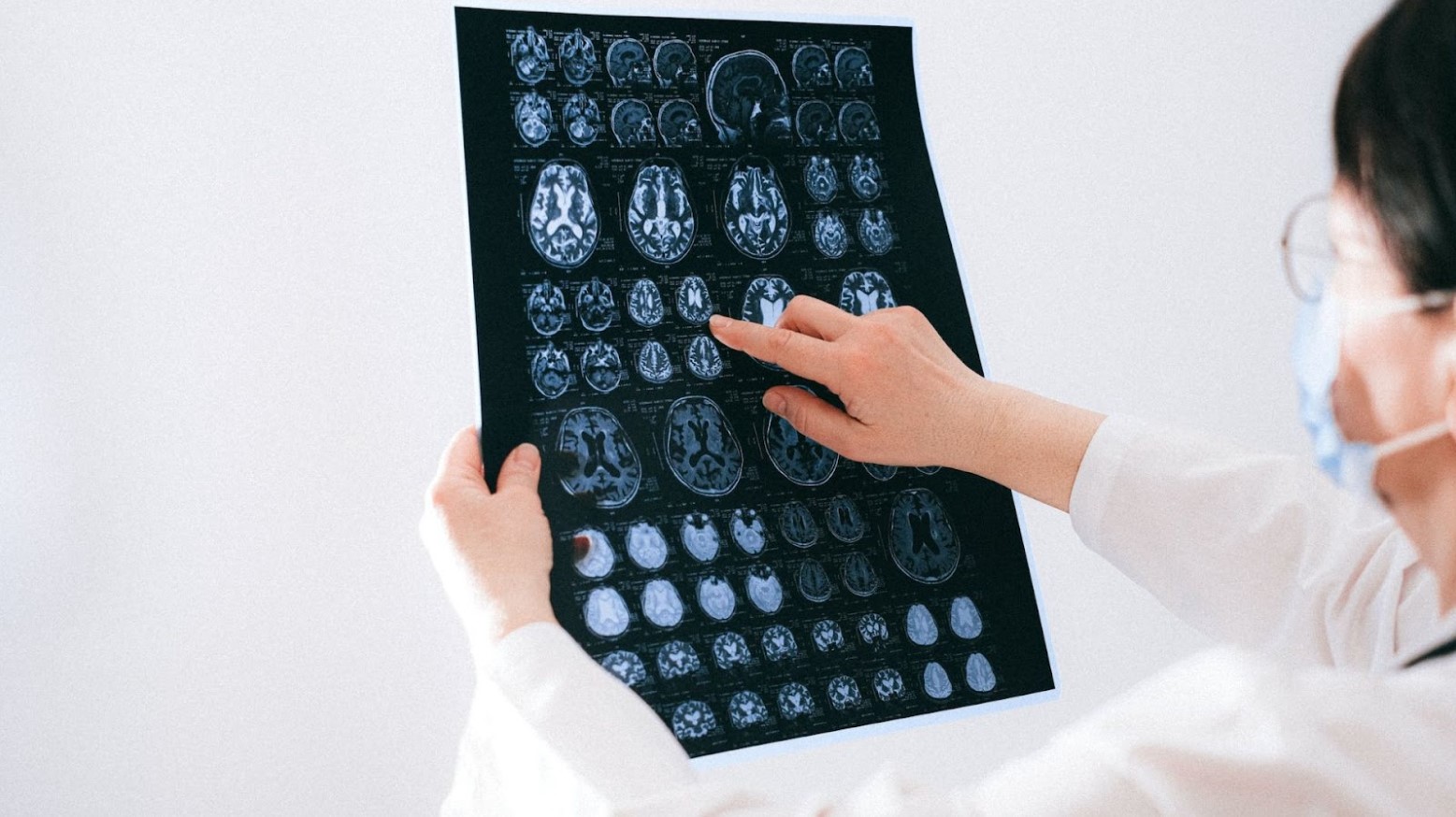
It may so far have received mostly positive results, but some doctors believe that deep brain stimulation could have negative side effects and complications.
The complications include bleeding, a stroke, or an infection after having the surgery, which is something all those considering the trial should be aware of.
Deep Brain Stimulation Is Currently about Trial and Error
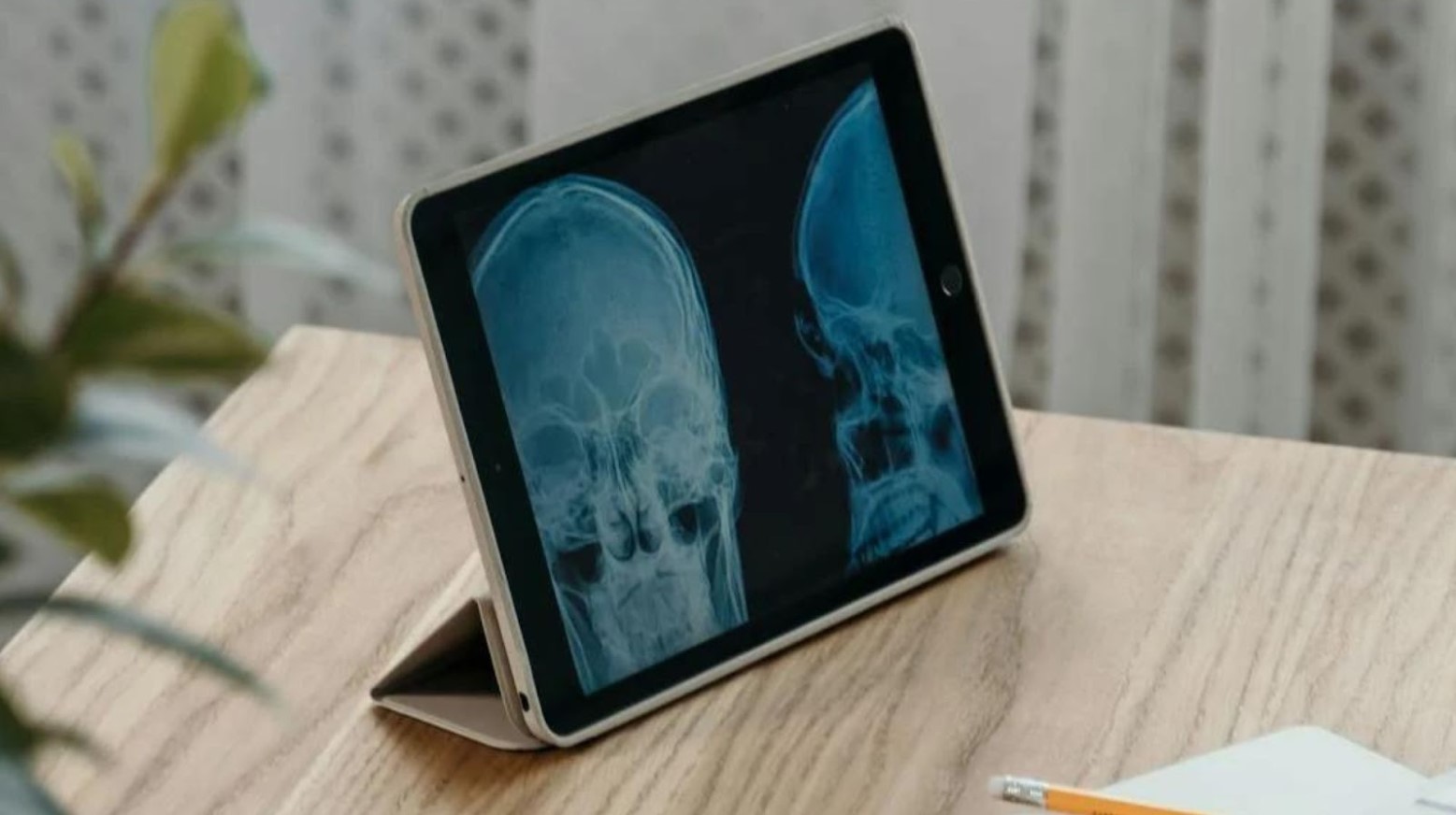
According to Nature, just like any new treatment, deep brain stimulation is currently subject to a lot of trial and error to help perfect it.
This is because everyone is different, especially in terms of brain size and function, so what might work for one person when having deep brain stimulation isn’t necessarily going to work for another.
Deep Brain Stimulation isn’t a Total Cure
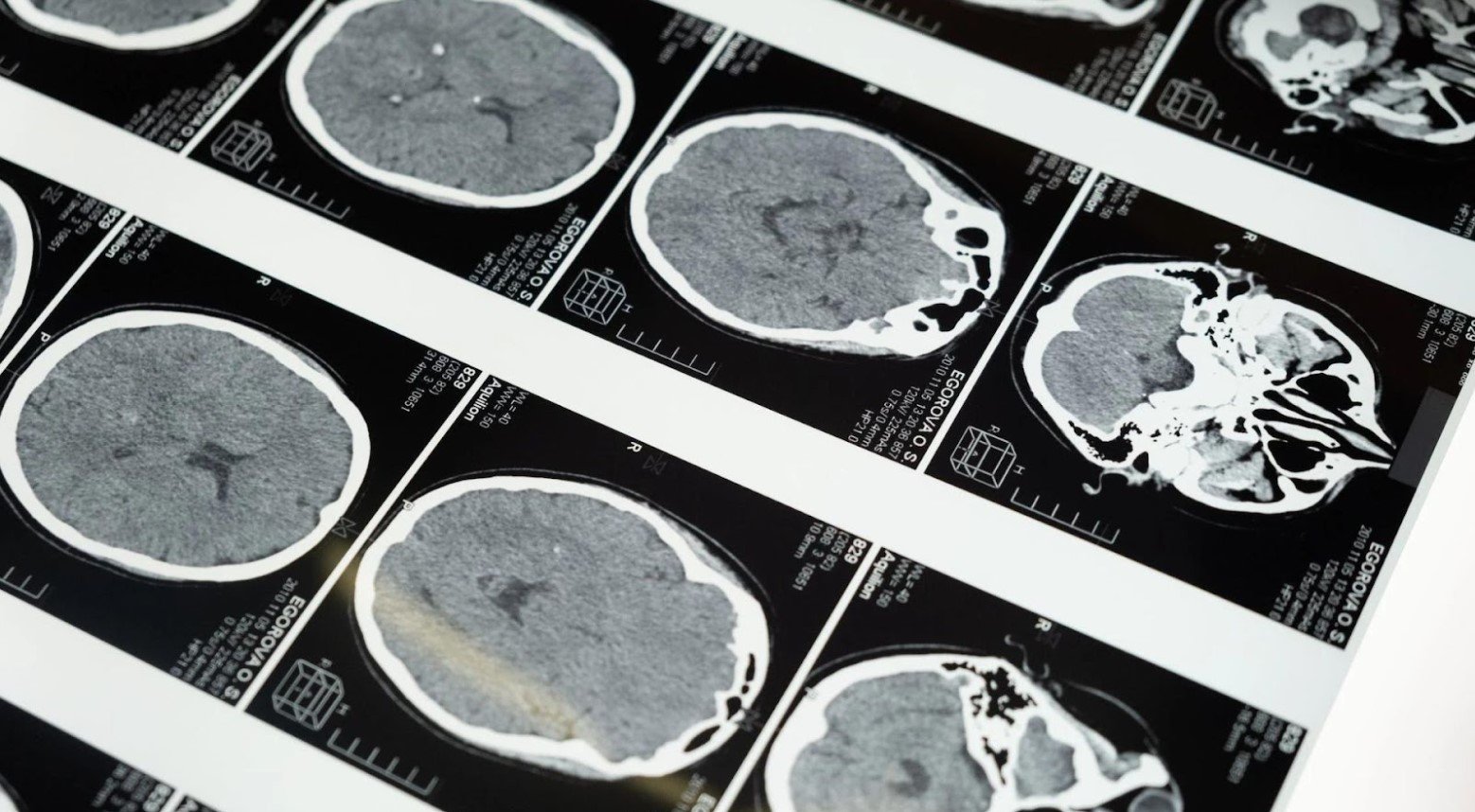
While the studies and research for deep brain stimulation are looking promising, it currently isn’t a total cure for depression.
Hollenbeck has admitted that she still has her good and bad days. Doctors say that it’s not necessarily about Hollenbeck and other patients being constantly happy but more about them making progress based on where they were before taking the treatment.








































